
EDUCATION in the times of COVID-19
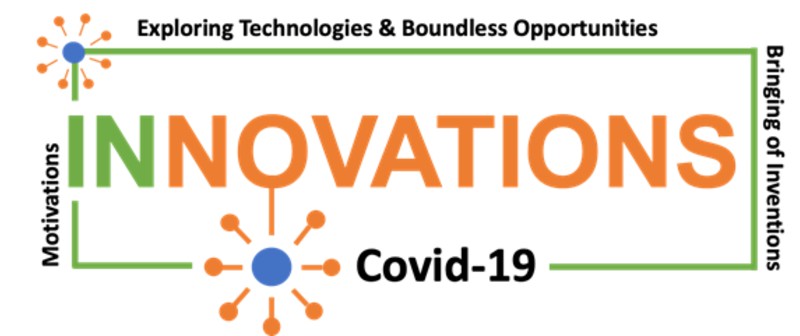
Historical records and ancient literature suggests human beings, as a species, have faced epidemics and pandemics in the past. Black Death may have killed up to 60% of the European population, while smallpox decimated the Native American community.
Although we have experienced such pandemics before and we are better equipped in medical technology than any point in history. The pertinent question is, why are we stuck in lockdown? The simple answer is because of technology-led globalization. A virus that was first suspected of jumping from bats to humans in Wuhan, a city in central China, has now reached thousands of cities and villages across almost 200 countries. The disease has infected more than two and a half million people and sent close to two hundred thousand to death bed. Such is the impact of this disease that it has been given a few names; COVID-19, SARS2, and as widely known in Nepal, Corona.
For most people alive today, the impact of COVID-19 must have been unprecedented. Only places full of people is the place where nobody wishes to be, the hospitals. We have witnessed bustling markets turn into deserted buildings, factories like haunted places, offices adopting work from home policy wherever possible, and schools bereft of students and teachers. It is estimated that up to 90% of kids are currently in lockdown. The same article reports hardships in educating poorer kids even in developed countries due to the lack of online resources. [CNN report by Tara John, Nectar Gan and Swati Gupta on April 22,2020, Online Available: https://amp.cnn.com/cnn/2020/04/22/world/coronavirus-vulnerable-children-intlgbr/index.html?__twitter_impression=true]. Developing content is a minor problem as compared to the lack of connectivity or devices in the students’ household. The situation is direr in developing countries and poorer families. The report mentions heart-wrenching incidents like that of a Chinese girl attempting suicide because she couldn’t get hold of a smartphone to attend her online classes.
So what now?
Thankfully we just completed our academic calendar, and we don’t have to rush our kids into school. We can take this opportunity to educate our future generation in other life skills of household chores, farming, and even expose them to different craftworks. However, the major challenge is to adapt ourselves and our education system to the diverse world after this novel Corona virus.
This pandemic is causing a tectonic shift in our lifestyle and economy. All metrics predict economies will be hit-hard all across the globe. We may see a future where work from home jobs may be significant, leisure spending cut short, and agriculture promoted. This inevitable “reboot” of world order will demand us to rethink about work culture and education system for our future generation. We may be in crossroads due to this pandemic; we can perish without adaptation or use this as an opportunity to embrace science to use and enhance technology -the choice is ours.
How?
COVID-19 is highly contagious and has a mortality rate of around 10% of the infected population. The number is still too high, but given the virulence, it is fair to say that we have been able to contain the spread up to some extent. So how this highly contagious and deadly disease “only” been limited to two and a half million people? The virologist in China detected and traced the RNA sequence of the virus within weeks of its first occurrence. Scientists all over the world contributed to the detection methods of the virus. Within five months of the early human infection, we are in a phase of human trials for a vaccine against this deadly virus. Without the round the clock efforts of these brilliant minds, we would still be wondering about what hit us, and the infected population and deaths could be already in billions and millions, respectively.
Every time medical professionals serve a confirmed COVID-19 patient, and they are literally putting their lives in line to give the patient a chance to survive. Their adherence to ethics has not come at a low price, though; around 10% of the infected population are health-workers. We could not even imagine the death tolls if we didn’t have knowledgeable and hardworking medical professionals.
In the fight against COVID-19 engineers and other technical professionals have also chipped in what they could; building open source ventilators, 3D printing makeshift PPE components for medical professionals, tracking patients and tracing contacts, and volunteering for computer simulations of vaccines. National Innovation Center(NIC) led by venerable Mahabir Pun, KU Design labs, Robotics Association of Nepal(RAN), ProMech Minds, and many other organizations and individuals have come with their contribution; building components for PPEs, test booths, masks, and robots.
Without the support of people working in agriculture, delivery, and management, we wouldn’t be able to enforce the lockdown. However, their process could be optimized by further use of technology. Agriculture can be revolutionized by adapting smart farming; an up-scaled version of prototype robots designed by several groups can be used for delivery etc. This epidemic has brought lots of ideas forward and showed the urgency of building human resources in the field of technical field. The crisis management also plays a vital role in the determination of the right place and pace for the supply chain, the implementation of the technology and its advancement Medical, technical- STEAM professionals as a whole (will) have contributed to the best of their knowledge during this pandemic. Still, things will certainly not be the same when this pandemic slowdowns. Economists and scientists are already predicting seismic shift, coining Pre, and Post Corona/COVID-19 era. Thus, the most important thing that we should keep in our mind is continuing and improving what we have started during this epidemic. As part of our desperate measures, we accepted many makeshift efforts and technology into practice; fortunately, we haven’t paid the price, and hopefully, we can escape without a significant price. However, in the post-COVID-19 era, we cannot always leave everything to fate. We need to consider quality control to be of utmost importance in every discipline like medical, engineering, managerial, legal, etc. Only those who can meet the minimum requirements should be allowed to sustain. Meeting specification and quality control should be taken seriously in the coming days.
Many scholars suggest that technological development in Europe was an aftermath of a labor shortage due to Black Death. Hopefully, COVID-19 could be our opportunity for technological leap (minus the death) like Black Death was for Europe. Technology-led innovation is the only way we can sustain the upcoming recession, and the only way to grow in the future is by adapting Knowledge Based STEAM education from the grass-root level. It’s a wake-up call for adapting Knowledge Based STEAM education as a part of the curriculum to prepare every individual for the future.



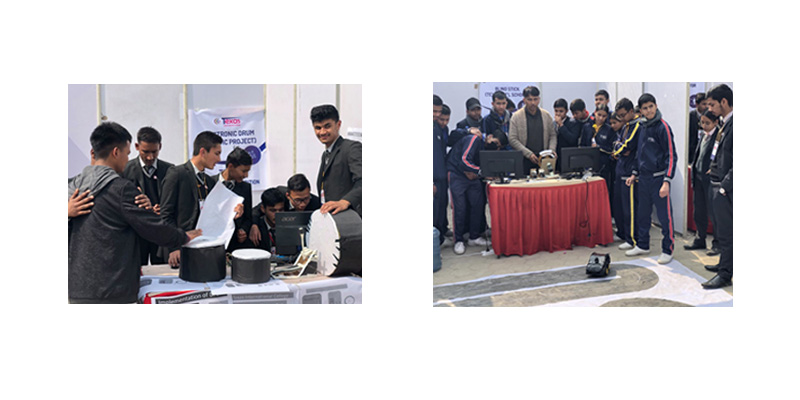

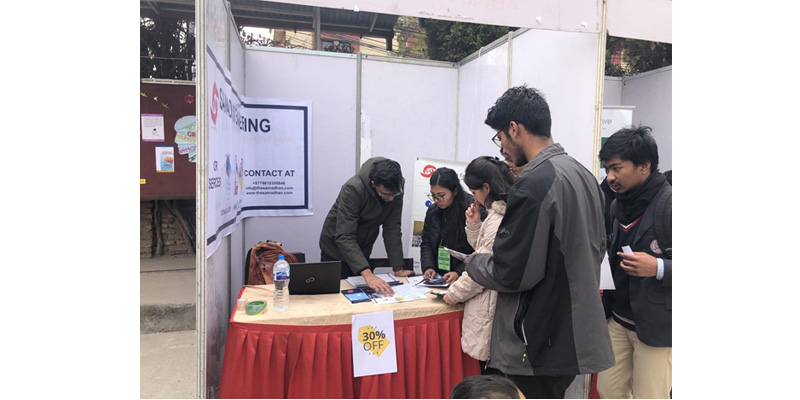
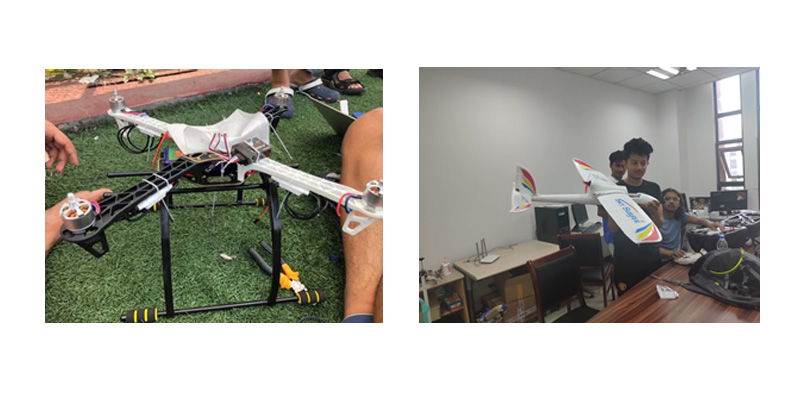
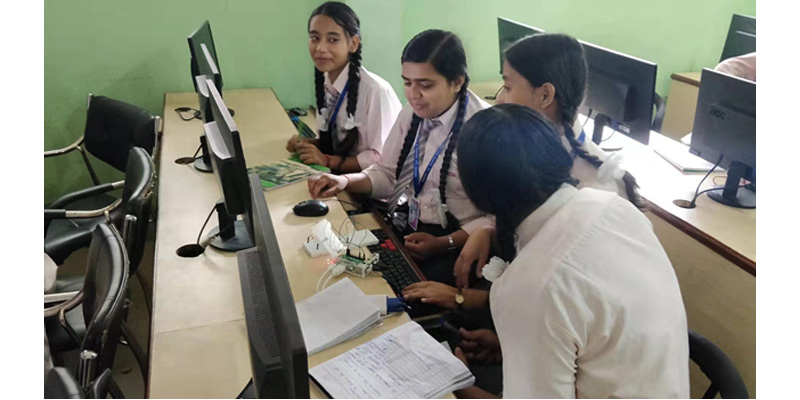
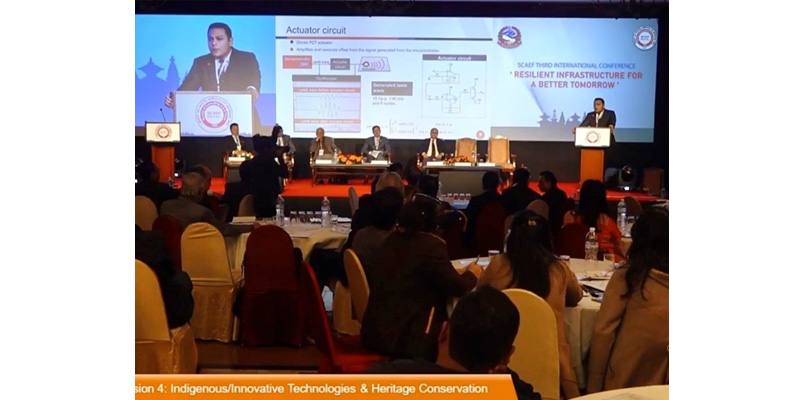
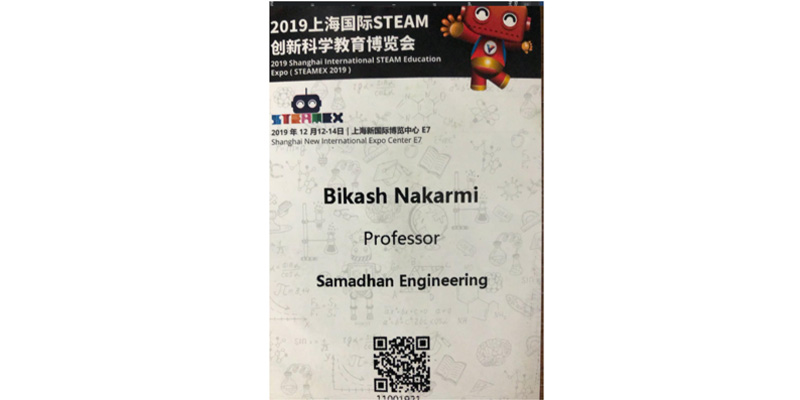
 +977-9810395846
+977-9810395846